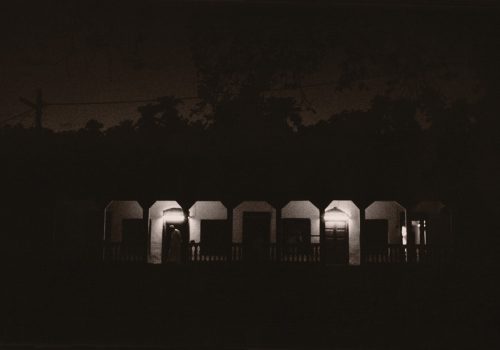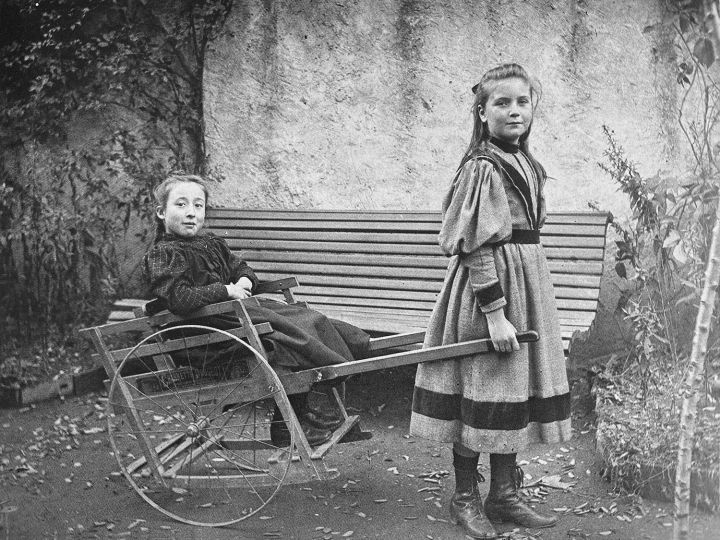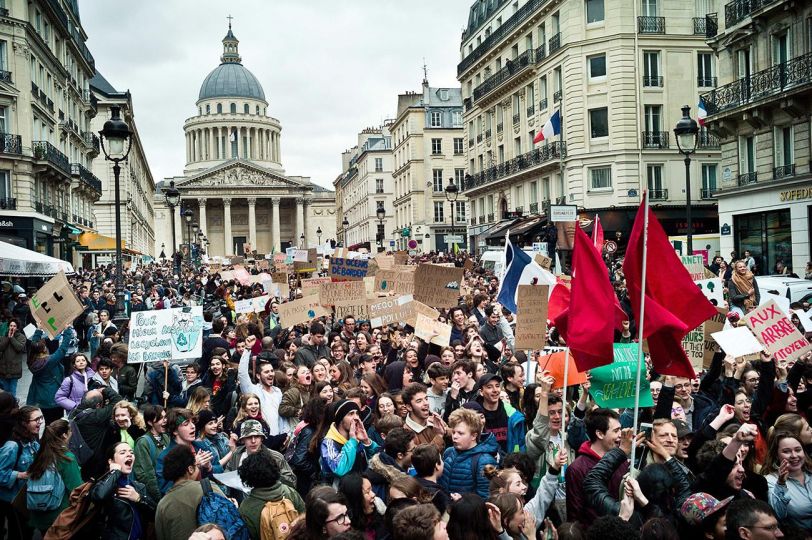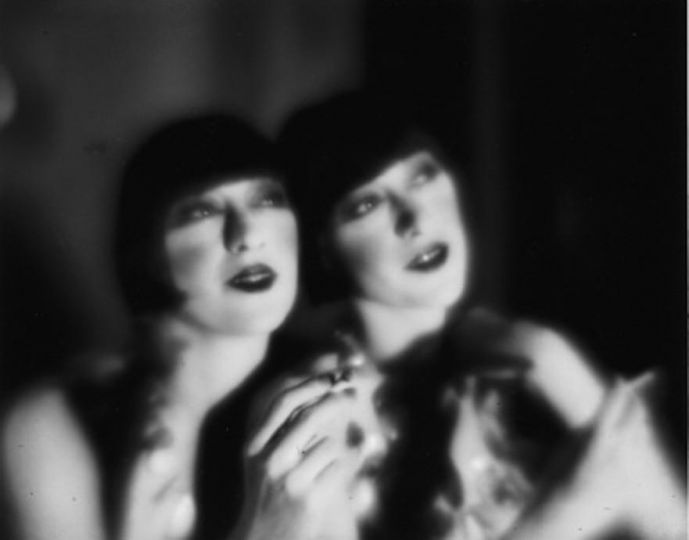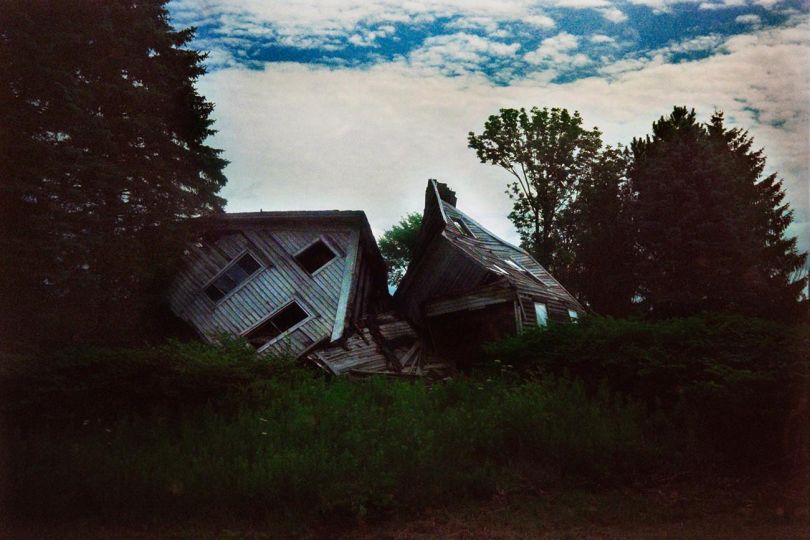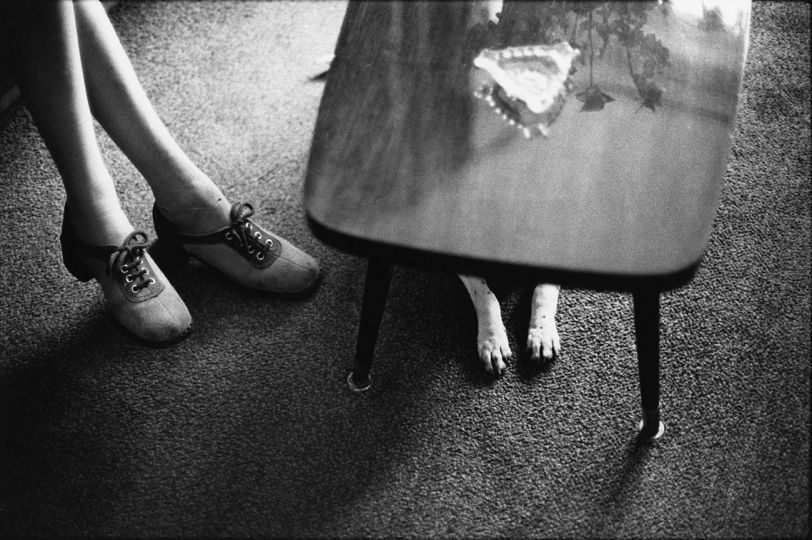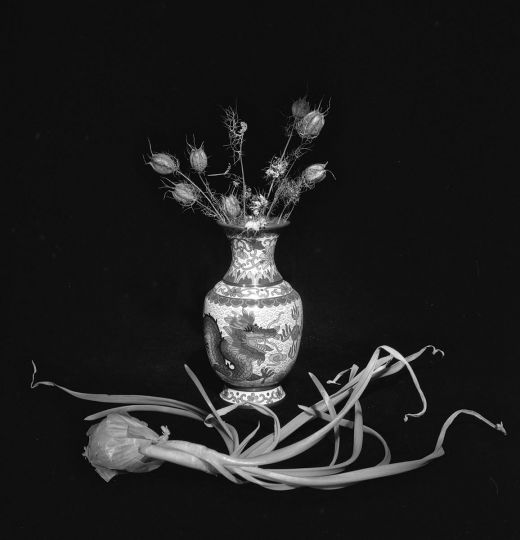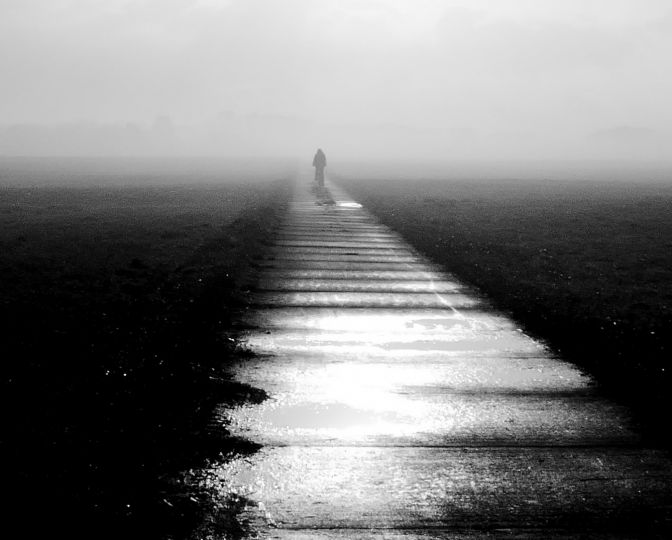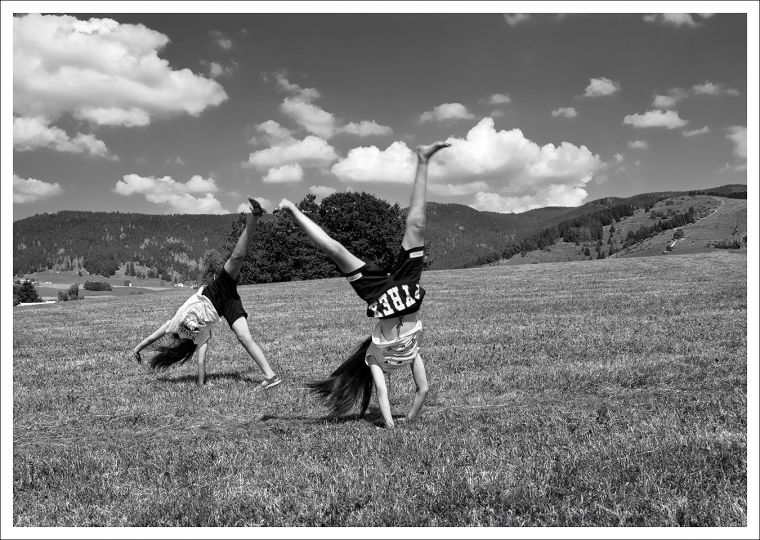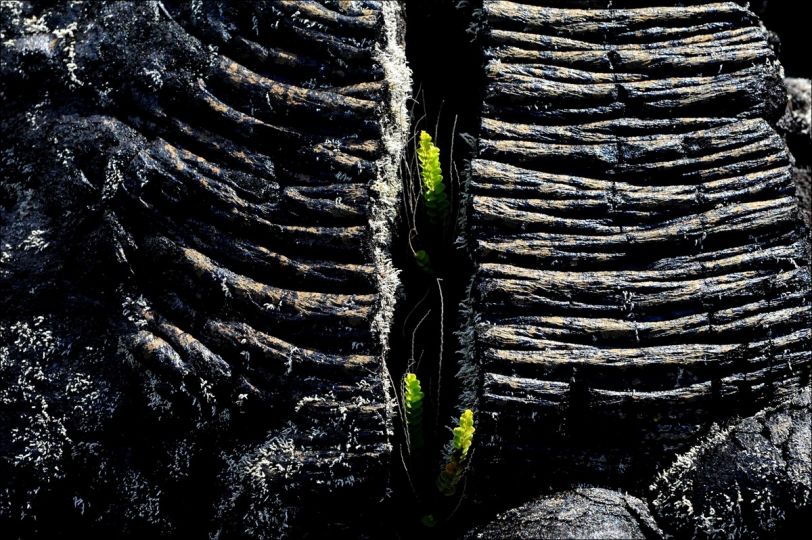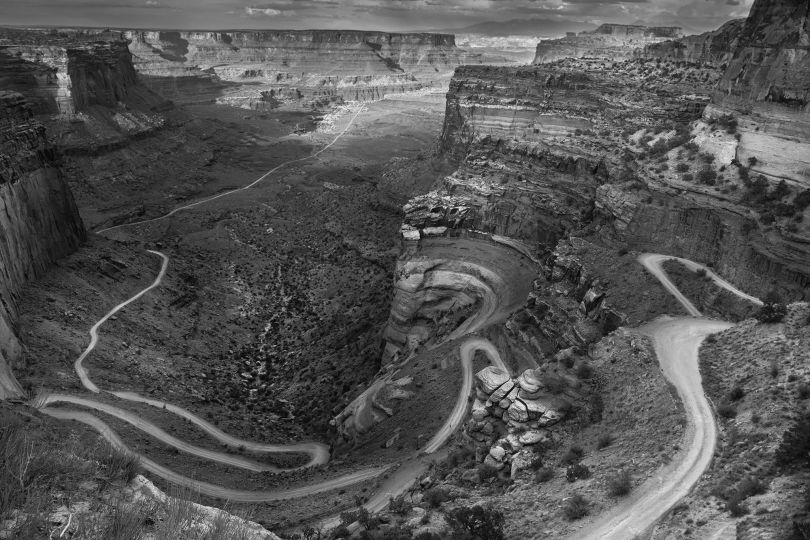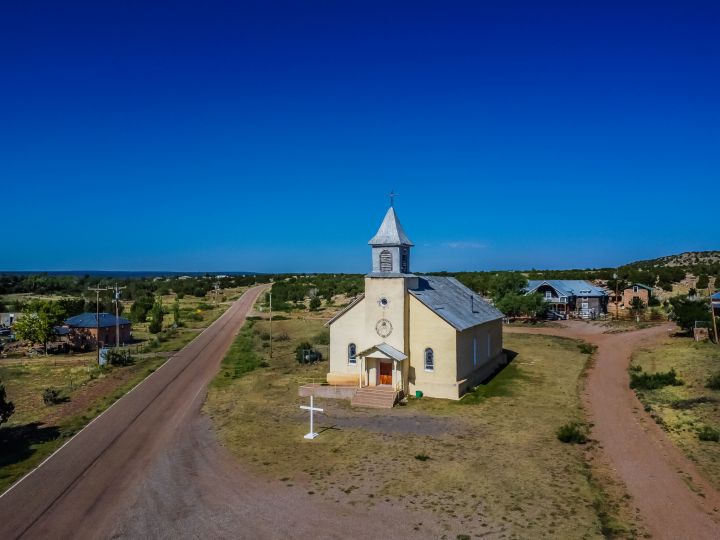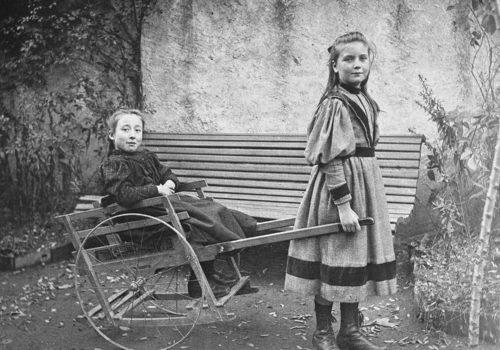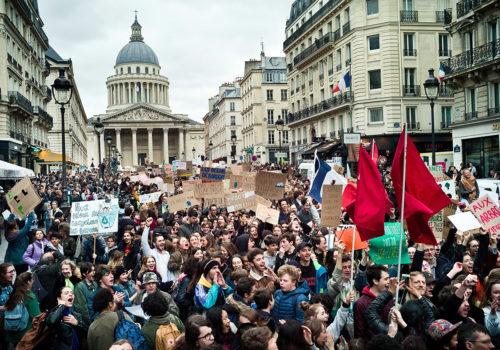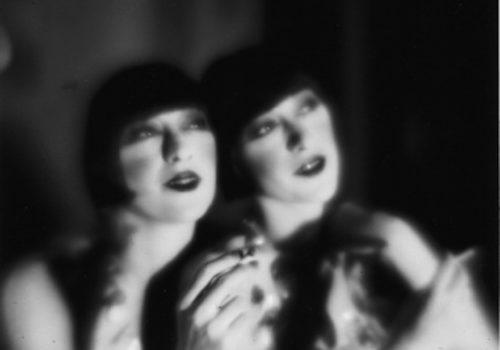The first thoughts when evoking the Comores generally resumes to “4 pebbles lost in the Indian Ocean”, “unaccepted independence”, “military and strategic interests”, “manipulation of the right for auto-determination”, “colonial propaganda”, “colony”, “Mayotte, France’s 101e department [1]“, “Bob Denard”, “18 coups in 22 years”, “France-Africa” or “migratory flux”. It’s true that there are more Comorians living in Marseille than at Moroni the capital of the archipelago. But one can’t reduce a nation to some facts even when they are grave and serious.
I wanted to understand and describe the actual cultural richness of the Comores. A society with strong, age-old, but alas merely known traditions.
Merely known, that what these islands are precisely. It’s true that when compared to the surrounding giants such as Madagascar at the East and the African continent at the West they appear as 4 lost pebbles high up in the Mozambique canal acting as encounter points between Negro- and Arabic-Asian cultures.
One likes to emphasize the identity of each island but forgets to remember that history and the migratory flux sticks them together in a profound and authentic unity.
Their first inhabitants where Bantous and Malgaches joined by Arabian-Chiraziens. They sew the germs of a tolerant Islam. During the last decennia the cultural synthesis was enriched by the European presence tending to dominate in the urban centers.
But it was based on his history and his differences that, Centuries ago, the Great Comorian Wedding, called “Anda”, was born. Till now this institution governs the whole society by establishing a class system.
Realizing his great wedding offers the privilege being an “Mdrou mdzima”. This honorific position permits becoming an important and influent member in once town, once village and in once district. Having accomplished the great wedding means that he is a notable. The public listens to him. He decides about the present and the future of social life. He guarantees the tradition.
He has privileges nobody else has, such as having the right to speak in public, to wear ceremonial clothes as the “djoho” (a long coat broidered with gold), having a sculpted cane, he opens the traditional dances, has his reserved seat on the public place, he sits on the first rank in the Mosque and is served in priority when food, money and so on is shared …
The resolutions taken by the Assembly of the Great Notables are law. Those who did the great wedding are received respectfully by the political dignitaries. Being rich, graduated or well educated is of no use as long as one hasn’t accomplished the Great Wedding.
Anda’s economic aspect is the main reason of the contests as he engenders excessive expenses and waste of money, the whole resulting in debt, impoverishment and migration …
Parallel to this economic aspect one may not forget the important values such as conviviality, solidarity, generosity by the reinforcement of these links, the coherency of the society and the honor of the families.
The Anda represents the charge and the tradition on the shoulders of each Comorian family. It’s an ultimate goal responsible for the migration of a large fringe of the population searching for an economy allowing their dream in spite of heavy sacrifices.
His celebration is the results of a long life labor, a high price to pay for a privilege.
Jean-Marc De Coninck
[1]
[1] On March 29, 2009, after 3rd referendum in 2008, during the presidency of Nicolas Sarkozy, Mayotte became the 101st French department against the advice of the Comorian State, United Nations, the Organization of African Unity and the League of Arab States. Many UN resolutions condemn France brandishing his veto.

